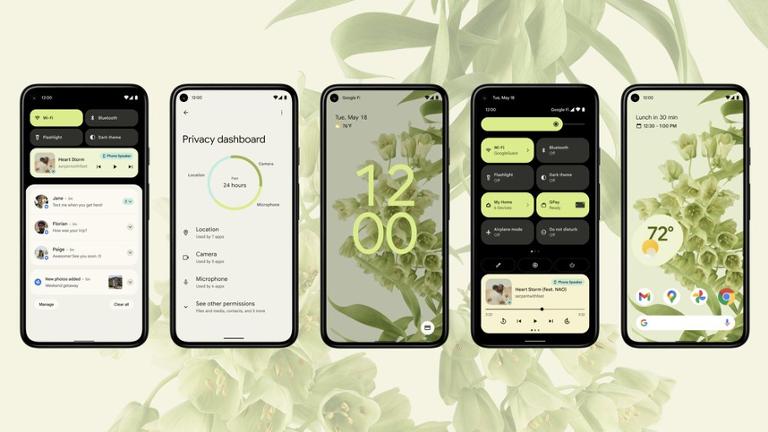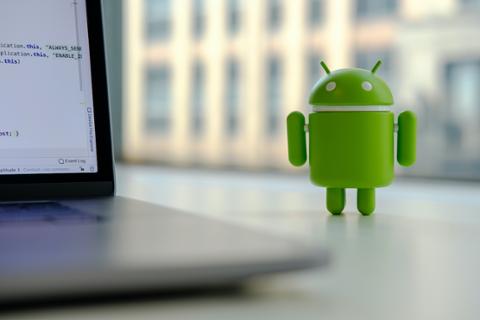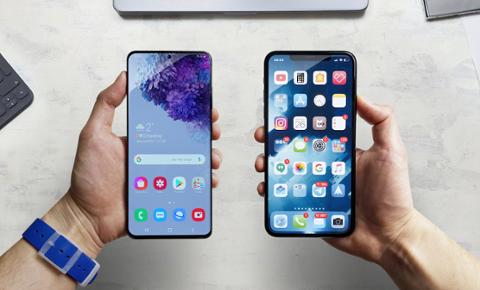At this year’s I/O conference, conducted virtually due to the COVID-19 pandemic, Google unveiled a set of new products, including the upcoming Android 12. For Android developers, it’s also worth noting that Google is updating its mobile design language, an initiative known as “Material You” (a riff on Material Design, its longtime design schema).
“Material You” emphasizes the personalization of the Android platform. Once Android 12 users select a wallpaper, the OS will adjust colors throughout the interface, from the lock screen to the widgets. Or as Google’s official blog postingputs it: “Users customize their desktops in the physical and digital worlds with images that are personal and provide comfort and joy. We built upon this insight to generate unique Material palettes for everyone, derived from a personal signal—wallpaper—that can be applied to their entire experience.”
That’s in addition to UX updates such as streamlined settings menus and updated widgets. As with most Android updates, Google’s engineers have improved the platforms’ speed and memory efficiency, and built in an all-new privacy dashboard that allows users to see how apps are utilizing data.
For third-party developers, that privacy dashboard could have the biggest impact on how you build and update apps. For example, users can limit an app’s ability to detect their geographic location, which can affect apps that leverage such features. Since it’s easier for users to rescind app tracking, developers should also be careful about the personal information they collect—if they’re overzealous, it’s easier than ever for users to simply cut off the flow of data.
Google has been quick to trumpet its supposed focus on privacy. “Beyond these new privacy features in Android 12, we’re also building privacy protections directly into the OS,” the company wrote in an official blog posting on the Android 12 release. “There are more opportunities than ever to use AI to create helpful new features, but these features need to be paired with powerful privacy. That’s why in this release we’re introducing Android Private Compute Core. It allows us to introduce new technologies that are private by design, allowing us to keep your personal information safe, private and local to your phone.”
For designers, it’s an open question how the introduction of Material You will change Android app design. Google has promised that it will roll out more design guidance over the summer, ahead of Android 12’s launch in the fall; pay attention to new updates on material.io. Developers and other technologists interested in Android 12 can play around with the beta, provided they have an eligible device; the Android Developer site offers release notes and other documentation.
If you’re totally new to Android as a development platform, take heart: According to Burning Glass, which collects and analyzes millions of job postings across the country, the median salary for Android development skills is $104,000 per year, rising to $128,000 for those with roughly a decade of Android-related experience. Google offers development and training courses for Android (Java is the core language for Android development, although Google is also pushing Kotlin as a replacement), and there’s lots of material online that can quickly educate you in the fundamentals of Android app-building.


